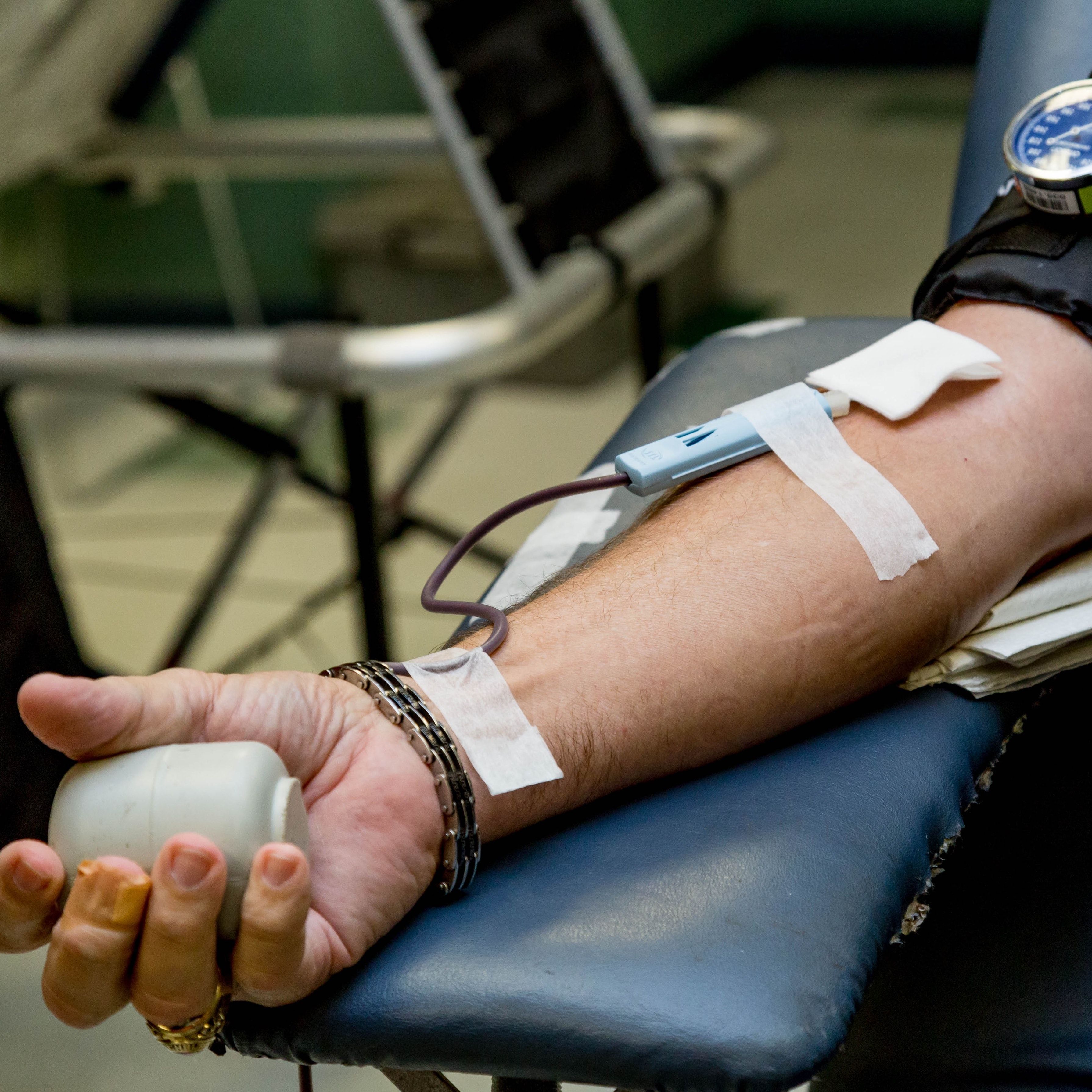Article
Mallinckrodt Announces 6-Point Initiative to Combat Opioid Epidemic
Author(s):
The company's 6 points include educating providers and the public, funding programs to aid prevention, and advocating for the use of alternative therapies.

Mallinckrodt Pharmaceuticals outlined its guide to advancing the battle against the opioid epidemic that has been plaguing the United States, calling the guide the “Prescription for America’s Opioid Epidemic.”
The 6-initiative policy highlighted a path for to combat prescription opioid addiction and abuse, which often leads to a multitude of other issues, including the transfer of infectious diseases. Mallinckrodt has stated it will pursue among policymakers, law enforcement, and patient advocacy groups to achieve.
"As an industry pioneer in addressing the problem of prescription drug diversion and misuse and a strong and constant partner to those focused on addressing the problems of drug abuse, Mallinckrodt has developed a unique perspective on potential policy solutions to address the significant problem facing rural areas, towns and cities in virtually every state in the Union,” Mark Trudeau, the chief executive officer and president of Mallinckrodt, said in a statement. For years, we have worked with policymakers, law enforcement, patient groups and other stakeholders on the issue of opioid diversion and abuse, in particular, and will strongly advocate for public policies directed at prevention and treatment.”
The first initiative in the plan is to use opioids sparingly. Advocating for a balanced and multimodal approach as the standard of care, the company suggested using alternative therapies whenever possible. It also stated that it does, and will continue to, support the “creation of treatment guidelines to advance this approach.”
Second, the plan outlined the need for mandated advanced education for providers, underlining the need for health care professionals to understand and identify the risks associated with opioid use. The key, according to Mallinckrodt, is prophylaxis. It also recommends, in its fourth initiative, to enhance the regulatory standards and data usage in order to prevent diversion and improper use of opioids.
This suggestion that there is a need for more and better data on the nature of the use of opioids, legitimately or otherwise, would allow for more clarity on their regulation. Mallinckrodt suggested strengthening prescription drug monitoring programs (PPDMPs) across multiple states.
Mallinckrodt also recommended, as the fifth step in its plan, to more strongly urge the proper and safe disposal and storage of opioids. National statistics suggest that storing these drugs in home medicine cabinets is responsible for much of the diversion of the drugs. The plan calls for more education on how and where patients should store opioids, as well as how to dispose of them.
As a possible solution, Mallinckrodt’s plan calls for the donation of drug disposal pouches, of which it has donated an estimated 1.5 million across the US, with plans to have donated another 500000 by the end of Q1 2018.
The final stage of Mallinckrodt’s plan involves the funding of community-based interventions and education. Maintaining the theme of prevention, the plan calls for educating the youth and at-risk population with the aim of achieving more drug-free communities.
The company stated that it will continue to advocate for federal funding, which is available due to the Comprehensive Addiction and Recovery Act, as well as state funding to support the more localized portions of its 6-point plan.





